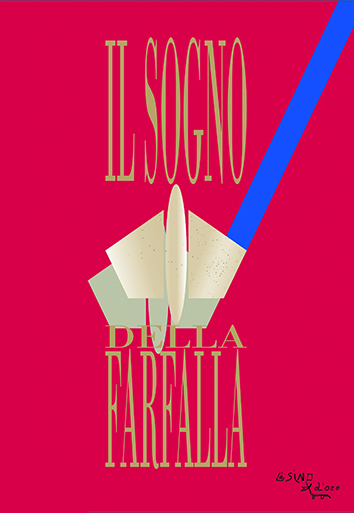Religione ed economia. Alle origini del capitalismo moderno
Abstract
This work proposes to examine the link between Christian thinking, with specific reference to the development of Protestantism and a few essential elements of the secular-liberal identity. The analysis integrates and looks more deeply at the classic interpretations of the relationship between Protestantism and capitalism suggested by Weber and Tawney in light of the psychiatric research carried out within the Collective Analysis. The article examines the relationship between man and God as postulated by Tommaso d’Aquino pointing out some intrinsic contradictions. Some points from this philosophy are utilised to highlight how Christianity destroys the human identity. As a result, the devastating impact of the Christian religion on the populations of the New World is analysed as well as the impact these crimes have had on European thinking and the development of the concept of the “natural law” from medieval times to modernity. A key moment is the Protestant Reform, discussed in the second part of the article with reference to Luther and Calvin. An analysis of the texts is conducted in order to discover the role played by the religious radicalism of the Reform in the process of the separation between State and Church in the formation of a secular-liberal identity. The reinforcement of the religious dimension as a result of the Protestant turning-point contributed to the formation of the idea of the laws of the economy as “laws of God and laws of nature” and to the capitalist accumulation as an end in itself. In conclusion the existence, beyond the indissoluble link between Christianity and capitalism which many authors have pointed out, of a common nucleus is proposed and is constituted by the profound annulment of an affective human dimension.


